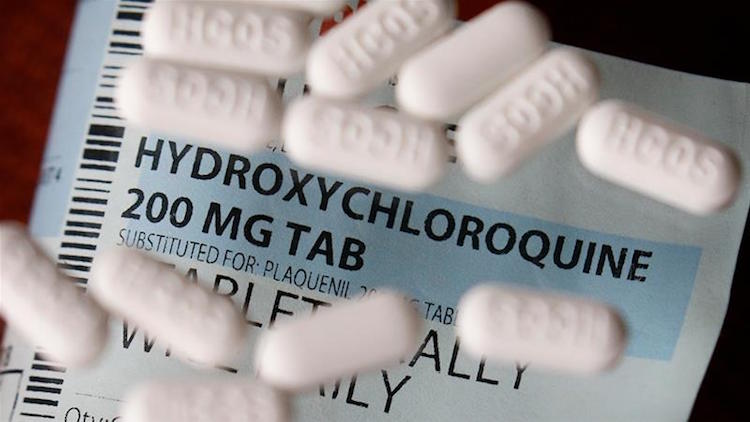Lancet Retracts Study Which Halted HCQ Trials For COVID-19 Treatment

Three of the authors of a study that halted the use of anti-malarial chloroquine or its analogue hydroxychloroquine for treatment of COVID-19 patients, retracted their paper on Thursday.
The Lancet said in a statement, “Hydroxychloroquine or chloroquine with or without a macrolide for treatment of COVID-19: a multinational registry analysis”, have retracted their study. They were unable to complete an independent audit of the data underpinning their analysis. As a result, they have concluded that they “can no longer vouch for the veracity of the primary data sources.” The Lancet takes issues of scientific integrity extremely seriously, and there are many outstanding questions about Surgisphere and the data that were allegedly included in this study, it said.
The paper published on May 22 in the journal, suggested that treatment with the antimalarial drug chloroquine or its analogue hydroxychloroquine (taken with or without the antibiotics azithromycin or clarithromycin) offers no benefit for patients with COVID-19. The study analysed data from nearly 15,000 patients with COVID-19 receiving a combination of any of the four drug regimens and 81,000 controls. Treatment with these medications among patients with COVID-19, either alone or in combination with macrolide antibiotics, was linked to an increased risk of serious heart rhythm complications in these patients. Researchers suggest these treatment regimens should not be used to treat COVID-19 outside of clinical trials until results from randomised clinical trials are available to confirm the safety and efficacy of these medications for COVID-19 patients. Chloroquine is an antimalarial drug and its analogue, hydroxychloroquine, is used to treat autoimmune diseases including lupus and arthritis. Both drugs have a good safety profile as treatments for those specific conditions, and the findings do not imply patients should stop taking these drugs if they are prescribed for approved conditions. They have also been shown to have antiviral effects in laboratory tests and are therefore of interest as potential treatments for COVID-19.
Today, three of the authors have retracted "Hydroxychloroquine or chloroquine with or without a macrolide for treatment of COVID-19: a multinational registry analysis" Read the Retraction notice and statement from The Lancet https://t.co/pPNCJ3nO8n pic.twitter.com/pB0FBj6EXr
— The Lancet (@TheLancet) June 4, 2020
The paper published on May 22 in the journal, suggested that treatment with the antimalarial drug chloroquine or its analogue hydroxychloroquine (taken with or without the antibiotics azithromycin or clarithromycin) offers no benefit for patients with COVID-19. The study analysed data from nearly 15,000 patients with COVID-19 receiving a combination of any of the four drug regimens and 81,000 controls. Treatment with these medications among patients with COVID-19, either alone or in combination with macrolide antibiotics, was linked to an increased risk of serious heart rhythm complications in these patients. Researchers suggest these treatment regimens should not be used to treat COVID-19 outside of clinical trials until results from randomised clinical trials are available to confirm the safety and efficacy of these medications for COVID-19 patients. Chloroquine is an antimalarial drug and its analogue, hydroxychloroquine, is used to treat autoimmune diseases including lupus and arthritis. Both drugs have a good safety profile as treatments for those specific conditions, and the findings do not imply patients should stop taking these drugs if they are prescribed for approved conditions. They have also been shown to have antiviral effects in laboratory tests and are therefore of interest as potential treatments for COVID-19.

Latest Videos
















